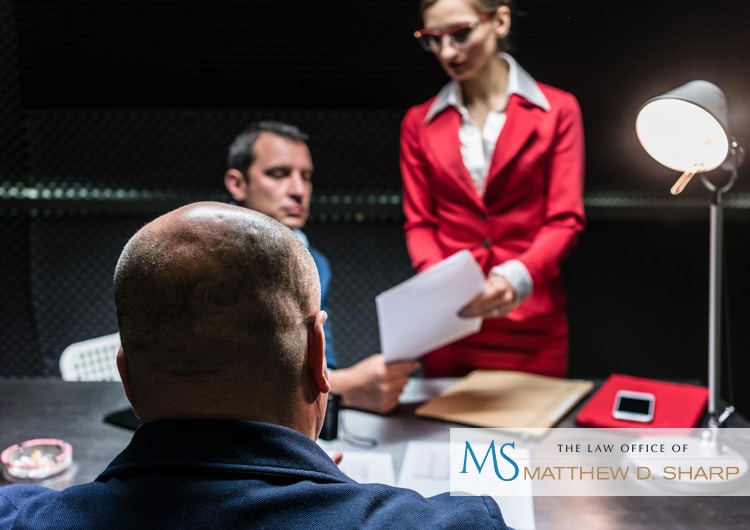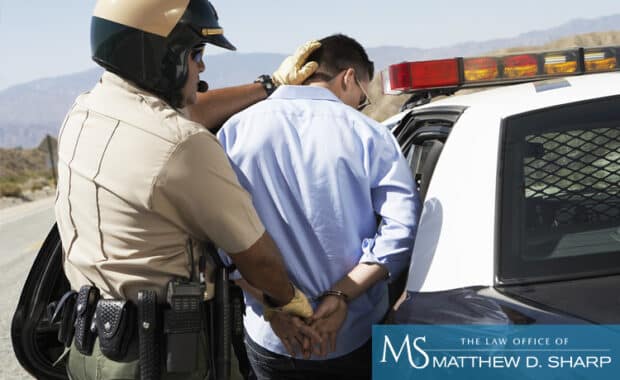The history of false memory convictions and how to protect your rights

False memories happen when a person recalls something that never happened or that happened in a different way. These memories can be a serious problem in criminal trials—innocent people can go to jail. So it’s critical to do a thorough investigation and collect strong evidence in these cases. Criminal defense lawyers can help protect your rights and ensure the truth emerges.
Understanding false memories
When a person remembers things that didn’t happen or that happened differently than they recall, these are false memories. People are often confident regarding their memories, even if the evidence says something else.
There are different reasons why this happens, such as social pressure and leading questions from police officers.
Similarly, the biological function of the brain often fills in gaps, contradictions or misunderstandings. The mind doesn’t like incompleteness or inconsistency, so it will frequently create false memories to stitch things together better.
Also, many people strongly dislike the feeling of being unable to answer a question or remember something. Some will unintentionally slip into false memories to relieve this feeling.
A person’s mind can also be too efficient at times. People hold onto general impressions in their memories, but these impressions may lack specificity.
However, when asked about something, the mind may latch onto something it remembers well. If someone unfamiliar was involved in a rape but looked a lot like someone else the victim knew, the victim might associate the memory with the familiar individual.
The difference between false memories and perjury
It’s important to acknowledge that false memories aren’t the same thing as lying. A person can, in good faith, get on a witness stand in a court, swear to tell the whole truth and then recall false memories while meaning to do nothing wrong.
False Allegations of Rape & Sexual Assault: Why Do People Lie?
Why do people falsely accuse someone of rape or sexual assault? Though rare, here are some more common reasons underpinning most false accusation cases.
In other words, false memories aren’t the same as the crime of perjury.
Perjury is an intentional act meant to harm a defendant and the legal system. Someone can experience false memories without the intent or hostility implicit in perjury.
The effect of false memories on criminal cases
False memories can pose major problems in criminal trials. When someone remembers something that didn’t happen, they might say something that leads to accusations or even wrongful convictions. False memories can make it challenging to find the real person who did the crime, too. Consequently, it’s vital to do a thorough investigation and collect solid evidence.
Notably, in the American justice system, the prosecution can bring charges against anyone who they believe they have the evidence to convict, and it’s the defense’s job to fight off those allegations.
If you’re accused of a crime and someone might have false memories about what happened, a criminal defense lawyer can help. They know how to poke holes in the story of a witness experiencing false memories and can challenge the evidence that the prosecution presents. They can also help ensure that the right questions get asked and that all available evidence is collected and considered, improving the odds that the truth will be revealed.
Real-world example of false memories in criminal cases
During the 1980s and 1990s, many psychologists were using hypnosis and other techniques to recover memories. These methods were particularly popular in policing at the time, helping generate many convictions in rape, incest and abuse cases.
Eventually, this led to disputes over the accuracy of these techniques, which became known as the “memory wars.” The following cases represent several notable examples.
The Wenatchee child abuse prosecutions
In the mid-1990s, police in Wenatchee, Washington, used false memories to prosecute 43 adults who had supposedly subjected dozens of children to bizarre acts of sexual abuse. It turns out that a number of the accused were impoverished, illiterate or mentally disabled.
Out of the 42 people arrested for these supposed crimes, 28 were initially convicted. However, in December 2000, the remaining 18 defendants (whose cases had yet to be overturned) were released from prison after University of Washington law students took up their cases and finally got their convictions overturned or reduced through new plea bargains. The law students were able to prove that police manufactured evidence and planted false memories in the children’s brains.
Since then, more than a dozen civil lawsuits have been filed by those arrested by the former child witnesses and the wrongly accused against the city of Wenatchee, former Wenatchee Police Chief Bob Perez and others involved in the investigations.
The Wenatchee case is one of the largest instances of false memories in American legal history.
The Kelly Michaels case
A preschool worker named Kelly Michaels stood accused of abusing the kids she taught in the late 1980s in New Jersey. The police investigated Michaels after a child told a doctor who took the kid’s temperature rectally that his teacher did the same thing.
After police pressure, several children made stunning accusations, including the claim that Michaels made the kids eat boiled babies and would play the piano for them naked during class.
The allegedly recovered memories weren’t real, and this eventually came out through the appeals process. Kelly Michaels was imprisoned for 5 years before her release.
The case of Officer Paul Ingram
Even the cops weren’t immune from accusations during this period. In 1988, Paul Ingram was a police officer in Washington state. Washington officials accused Ingram of sexually abusing his daughters. Worse, the accusations went beyond incest and included so-called satanic ritual abuse. The allegations also implicated a member of the sheriff’s department and one of Ingram’s friends.
At first, Ingram said he did it, but later he changed his recollection. He said he initially confessed because of pressure from both therapists and the investigators in the case.
Likewise, Ingram’s daughters initially mentioned nothing about satanic rituals. However, after therapy sessions, their version of events changed to conform to the police accusations. After a long legal fight, a judge threw out Ingram’s conviction and released him from prison.
The McMartin preschool trial
In the 1980s, at McMartin Preschool in Manhattan Beach, California, a teacher stood accused of sexually abusing the kids he taught. The false charges against Raymond Buckey cost the state more than $13.5 million.
Once more, the state based the charges on false memories of abuse. However, around that time, the California Supreme Court had ruled that an alleged child victim didn’t have to give details about the time or place of their supposed molestations in order for there to be a conviction.
The memories were once again untrue, but this only came out after 208 charges, 6 years, a trial and a retrial. Buckey eventually sued the parents of one of the accusers but recovered only $1 in damages.
Contact an experienced criminal defense attorney
False memories can complicate legal cases, but an experienced criminal defense attorney can help gather evidence to uncover the truth and ensure you get a fair trial.
If you’re facing criminal charges that are based on the testimony of eyewitnesses without significant hard evidence, it’s crucial to have a seasoned criminal defense lawyer who understands the science behind memory and can effectively argue your case to a jury. Matthew D. Sharp is an experienced criminal defense attorney in Houston committed to ensuring that individuals accused of a crime get treated fairly and receive the best possible outcomes in their cases.
Contact the Law Office of Matthew D. Sharp today for your free consultation.




